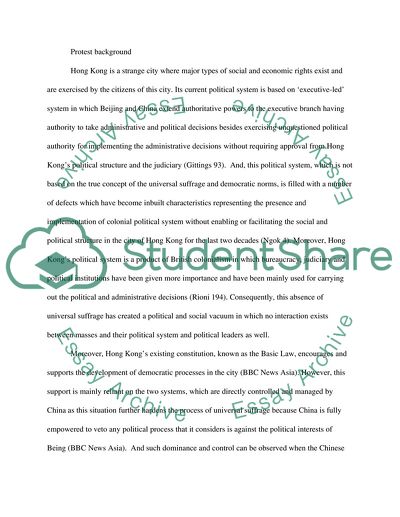Cite this document
(“Chinas Hong Kong Research Paper Example | Topics and Well Written Essays - 2500 words”, n.d.)
Retrieved from https://studentshare.org/social-science/1670261-hong-kong-a-global-city-with-protest
Retrieved from https://studentshare.org/social-science/1670261-hong-kong-a-global-city-with-protest
(Chinas Hong Kong Research Paper Example | Topics and Well Written Essays - 2500 Words)
https://studentshare.org/social-science/1670261-hong-kong-a-global-city-with-protest.
https://studentshare.org/social-science/1670261-hong-kong-a-global-city-with-protest.
“Chinas Hong Kong Research Paper Example | Topics and Well Written Essays - 2500 Words”, n.d. https://studentshare.org/social-science/1670261-hong-kong-a-global-city-with-protest.


